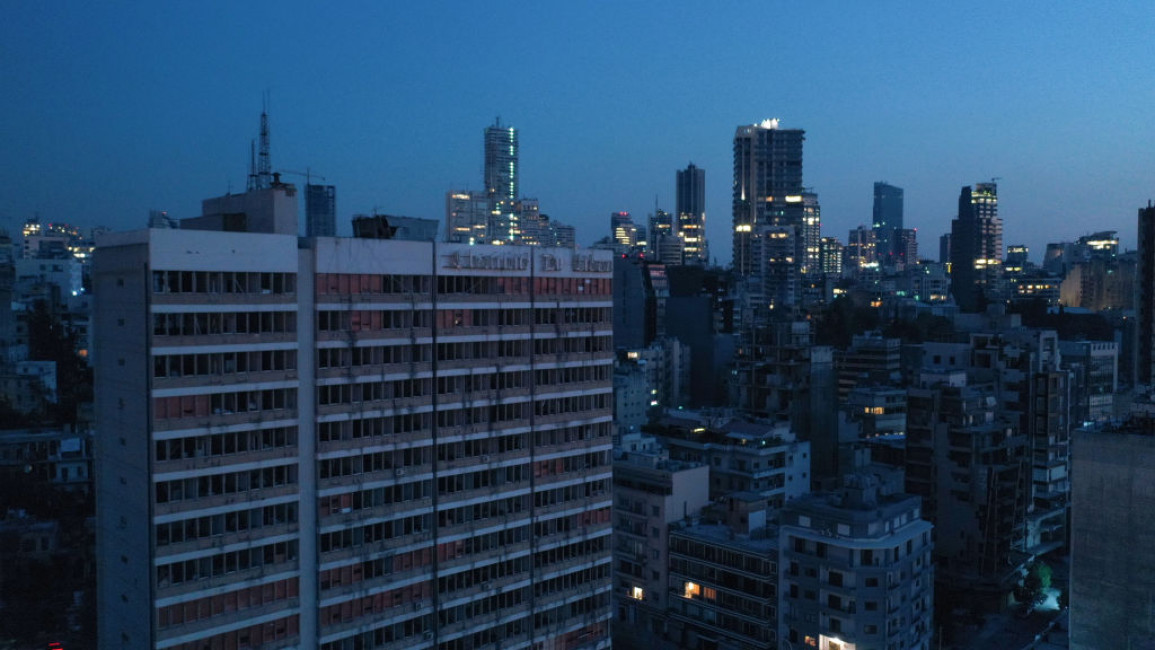Lebanon to receive 30,000 tons of fuel as part of Iraq deal
A shipment of 30,000 tons of fuel will be sent to Lebanon this week, boosting the state electricity capacity, and giving a lifeline to the country’s power plants, according to L’Orient Today.
The shipment is part of a deal with Iraq which will see Lebanon take receipt of one million tonnes of high sulphur fuel oil from Iraq over the course of a year, which can in turn be traded for fuel compatible with Lebanon's power plants.
The deal has been welcomed by many, but it is not clear how the cash-strapped Lebanese state will pay for the fuel shipment.
"We should not get into [the plan's] details… Iraq is doing us a huge favour so I don’t think a country willing to go that far could ever abuse its agreements," Lebanese MP Bilal Abdallah told L’Orient Today.
The price of the fuel sent by Baghdad will be set by the Iraqi State Organization for Marketing Oil (SOMO), according to the deal which was approved by caretaker Prime Minister Hassan Diab.
During a press conference, Lebanon's caretaker Energy Minister Raymond Ghajar estimated the value of the fuel to be $300-400 million.
This fuel, which is incompatible with Lebanon's power plants, is to be put out for tender, and traded for fuel that can be used by Lebanon.
The deal reportedly states that Iraq has the right to choose which companies are allowed to participate in the tendering process.
The first of these tendering processes is said to have taken place at the end of July and was won by the Emirates National Oil Company.
These tendering processes will take place monthly, according to Ghajar, who added that once all the fuel has been swapped, Lebanon will have between 750,000- 800,000 tons of fuel, which is compatible with its power plants.
To pay for the fuel being delivered by Iraq, Lebanon’s central bank, Banque du Liban (BDL), will open an account for Iraq's central bank, where payments can be sent. Each of the payments can be deferred for a period of one year, and the account will be protected from capital controls and haircuts.
The bank accounts of Lebanese depositors are subject to both capital controls and haircuts, which can see the balance of accounts fall dramatically.
The money deposited in the BDL account can be used by Iraq to purchase Lebanese "goods and services".
Iraqi Finance Minister Ali Allawi told Economy News that Iraq would pay for Lebanese specialists in various sectors including banking, insurance, education, transport, and tourism.
While Lebanon is able to defer payments, it has not been revealed where the money for the deal will come from.
The central’s bank foreign currency reserves have run disastrously low in recent months, prompting crippling economic problems.
"Deferring payments will eventually turn them into debt as Lebanon is unlikely to pay for goods and services that are supposed to go for Lebanese beneficiaries," Yesar Al-Maleki, an energy economist and adviser at the Iraq Energy Institute told L’Orient Today.
"It would be an additional external debt and [could] cause reputational damage to Lebanon."
Lebanon is in desperate need of fuel to run its power plants, with current supplies expected to run out as soon as the end of September.
Many Lebanese households are currently only getting one or two hours of electricity a day.



